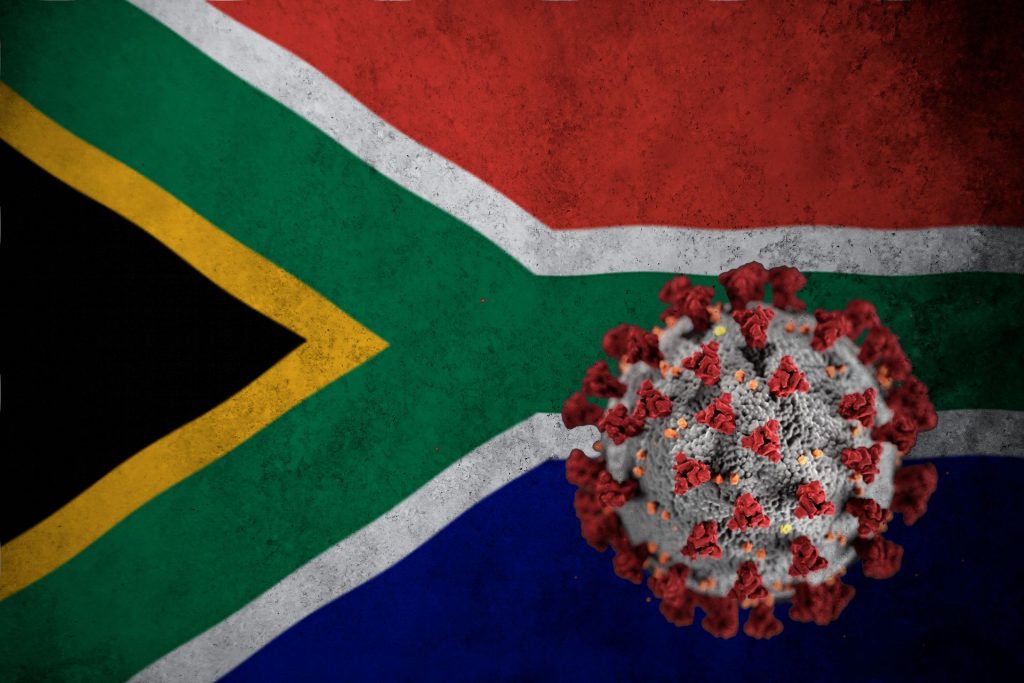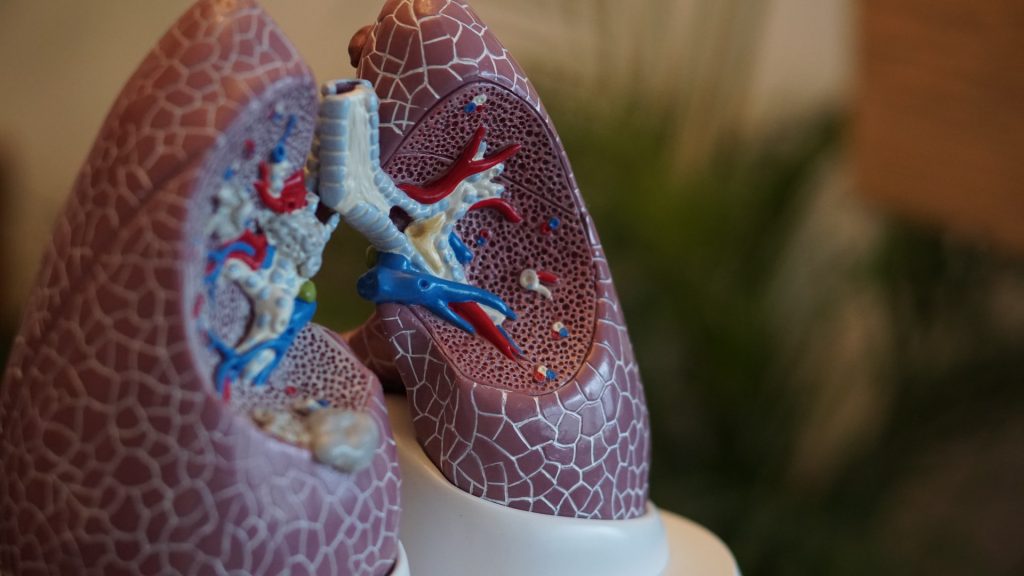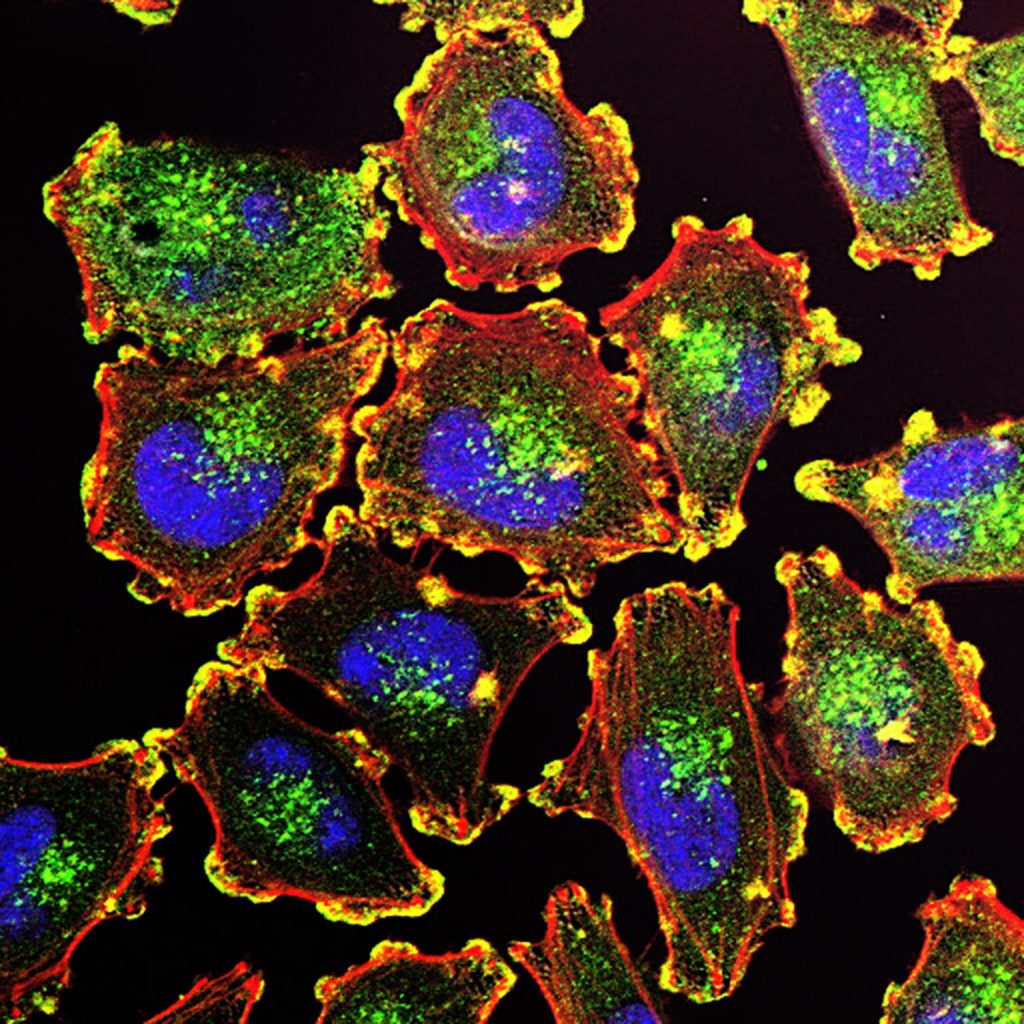A New Variant, B.1.1.529, Emerges in South Africa

The National Institute for Communicable Diseases (NICD), yesterday confirmed that a new COVID variant, B.1.1.529, has been detected in South Africa. Initially detected in Botswana, 22 cases of variant B.1.1.529 have been recorded in the country following genomic sequencing. More cases are being confirmed as sequencing results come out.
Detected cases and positivity rates are increasing quickly, particularly in Gauteng, North West and Limpopo. The UK government has acted rapidly to temporarily suspend all inbound flights from South Africa and neighbouring countries, and impose quarantines for recent arrivals.
“It is not surprising that a new variant has been detected in South Africa,” commented Prof Adrian Puren, NICD Acting Executive Director, adding that, “Although the data are limited, our experts are working overtime with all the established surveillance systems to understand the new variant and what the potential implications could be. Developments are occurring at a rapid pace and the public has our assurance that we will keep them up to date.”
‘Warp speed’ effort to track and understand variant
Dr Michelle Groome, Head of the Division of Public Health Surveillance and Response at the NICD said that provincial health authorities remain on high alert and are prioritising the sequencing of COVID positive samples. A top priority is to track the variant more closely as it spreads: it was first identified in Botswana this month and has turned up in travellers to Hong Kong from South Africa. Scientists are also trying to determine the variant’s properties such as vaccine evasion and disease severity.
“We’re flying at warp speed,” said Penny Moore, Wits University virologist, whose lab is gauging the variant’s immunity evasion ability. While there are anecdotal reports of reinfections and cases in vaccinated individuals, “at this stage it’s too early to tell anything,” Moore cautioned.
“There’s a lot we don’t understand about this variant,” Richard Lessells, an infectious disease physician at the University of KwaZulu-Natal, said at a press briefing organised by South Africa’s health department on 25 November. “The mutation profile gives us concern, but now we need to do the work to understand the significance of this variant and what it means for the response to the pandemic.”
The variant’s apparent sharp rise in Gauteng is cause for alarm. Cases increased rapidly in the province in November, particularly in schools and among young people, according to Lessells. Genome sequencing and other genetic analysis found that the B.1.1.529 variant was responsible for all of 77 of the virus samples they analysed from Gauteng, collected between 12 and 20 November. Analysis of hundreds more samples are in the works. A previous variant, C.1.2, appeared in South Africa and had concerning mutations, but ultimately failed to replace Delta over the winter.
Fortunately, the variant has a spike mutation easily detected by fast genotyping tests as opposed to genome sequencing, according to Lessells. Preliminary data from these tests suggest that B.1.1.529 is spreading much wider than Gauteng. “It gives us concern that this variant may already be circulating quite widely in the country,” Lessells said.
Are vaccines effective against it?
As happened with the Beta variant, a similar effort is starting to study B.1.1.529. Moore’s team, which provided some of the initial data on Beta’s immunity-dodging, has begun work on B.1.1.529. They plan to test the virus’s ability to evade infection-blocking antibodies, as well as other immune responses. The variant harbours a high number of mutations in regions of the spike protein that antibodies recognise, potentially dampening their potency.
“Many mutations we know are problematic, but many more look like they are likely contributing to further evasion,” said Moore. There are even hints from computer modelling that B.1.1.529 could evade immunity conferred by T cells, Moore added. Her team hopes to have its first results in two weeks.
“A burning question is does it reduce vaccine effectiveness, because it has so many changes,” said Aris Katzourakis, who studies virus evolution at the University of Oxford, UK.
Researchers in South Africa will also study the disease severity of B.1.1.529, Lessells said, which is “the really key question”.






